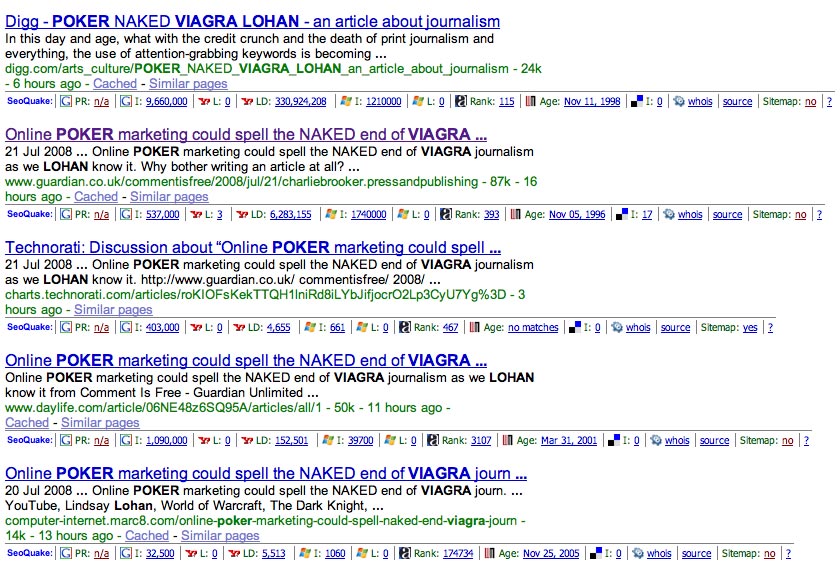Since my last blog I’ve been on a press trip with other freelancers, which is something I’d whole-heartedly recommend. To be in the company of others such as yourself, and share stories about late payments, vague commissions and (grippingly) how to fill out tax returns, is a massive comfort.
Or it is to me anyway, who is finding the isolation one of the hardest things about freelancing. Not having anyone there to look forward to lunch with, or a fellow soul to share tea-rounds with is tough. Not to mention the lack of the sorely missed ‘post-work drink?’ offer or someone else to get excited about a story with.
But it wasn’t just the camaraderie that made the trip worth it – I got some interesting inside info on which editors are taking freelance commissions at the moment, who pays on time and who to avoid.
Something strange seems to keep happening to me in my new guise as a freelance. It’s crippling writer’s block, (though some might call it internet-abetted procrastination) which usually sets in during the last few acceptable working hours of the day.
It’s happened thrice now, me filling my creatively-stumped time with Twitter conversations (does virtual networking count as work?) or chuckling at Charlie Brooker.
Then suddenly, I’ll get a burst of inspired motivation, or a profound idea, just as my housemates burst through the door with that end of the day, ‘so-glad-to-be-home-and-crack-open-the-red’ gusto, flinging open the door to our communal lounge to find me hunched and furrow-browed over my laptop positively scowling at the interruption.
While I’m not drowning in commissions, I’m starting to get somewhere with some magazines, and I’m finding that websites and blogs are open to pitches and more likely to respond (though obviously less lucrative). One thing I’ve discovered, which has been incredibly handy, is going back over old features and finding a new angle and new market for them.
Taking a previous interview or idea, updating it, reworking it (obviously checking you’re not breaching any copyright agreements) and finding a specialist website or blog that is interested has made me a few extra quid here and there. It’s not enough to live off of course, but as it does for those smug, bum-slapping mums in the supermarket ads, when you’re freelancing in a recession, every little helps.
Rosie Birkett is a freelance journalist and sub-editor who specialises in food, hospitality and travel. She can be contacted on rosiebirkett1 at hotmail.com. She also blogs at thelondonword.com and at fiftyfourfoodmiles.wordpress.com. You can follow the series ‘Mad to start freelancing in the recession?’ series here here.
